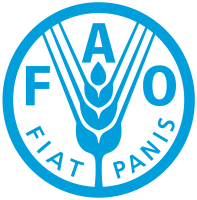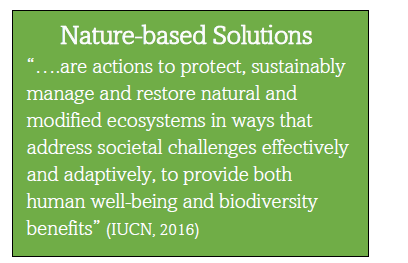 The IkanAdapt project has the objective to “Enable fisheries and aquaculture stakeholders in Timor-Leste to adapt to climate change, increase resilience while taking care to conserve biodiversity”, which will support Timor-Leste’s fishery and aquaculture dependent communities to become more resilient to climate variability and change, leveraging nature-based solutions to benefit both communities and biodiversity. Project implementation will be led by WorldFish, in close collaboration with the Timor-Leste Directorate for Fisheries, Aquaculture and Marine Resources Management and FAO.
The IkanAdapt project has the objective to “Enable fisheries and aquaculture stakeholders in Timor-Leste to adapt to climate change, increase resilience while taking care to conserve biodiversity”, which will support Timor-Leste’s fishery and aquaculture dependent communities to become more resilient to climate variability and change, leveraging nature-based solutions to benefit both communities and biodiversity. Project implementation will be led by WorldFish, in close collaboration with the Timor-Leste Directorate for Fisheries, Aquaculture and Marine Resources Management and FAO.
Timor-Leste faces significant challenges in addressing climate change impacts, protecting biodiversity and achieving sustainable management and utilization of its aquatic and coastal resources. Contributing factors include weak governance, organizational capacities, institutional arrangements, limited technical capacity and knowledge, and limited resources for the development and implementation of plans on adaptation and biodiversity. This project directly addresses five of seven priorities under the National Adaptation Plan, namely: risk management capacity-building; addressing the needs of vulnerable communities; ecosystem-based coastal disaster risk reduction; sustainable land management; climate-resilient livelihoods.
The project will build on existing government and partner programs and emerging good practices, adopting the Ecosystem Approach to Fisheries and Aquaculture (EAF/EAA), as well Ecosystem based Adaptation (EbA) following the principles of Nature Based Solutions, promoting a better understanding of the role of ecosystems in managing fisheries and aquaculture, preserving biodiversity and adapting to climate change. These approaches, which encourage a balance between ecological and human well-being through good governance, will be applied to ultimately reduce the underlying vulnerability of fishing and fish farming communities.
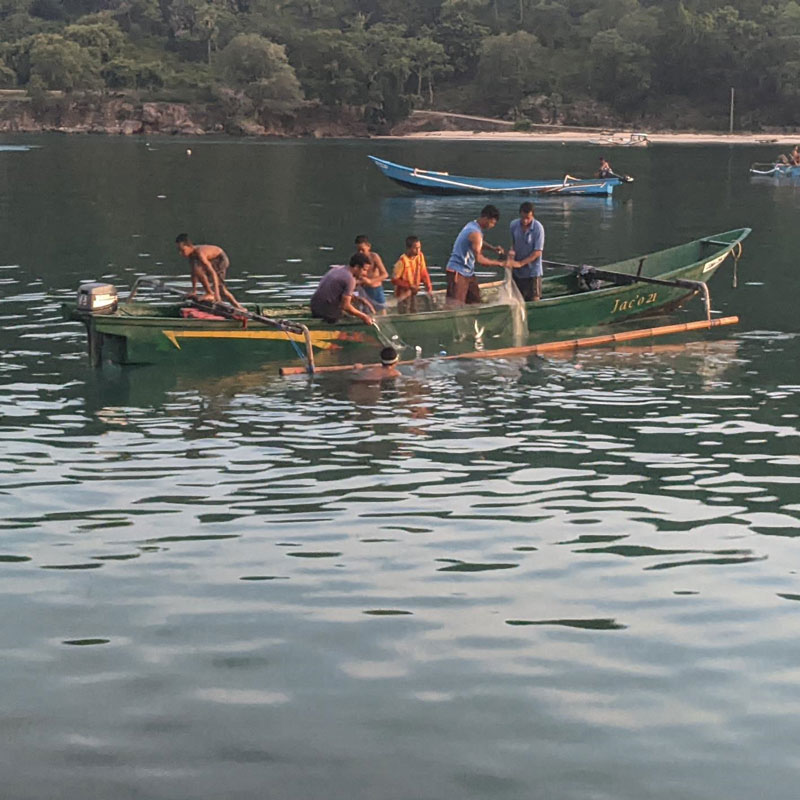
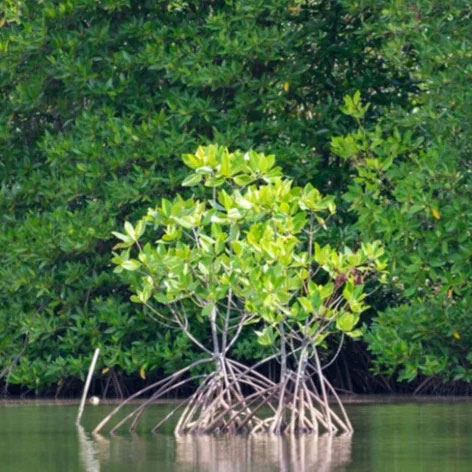
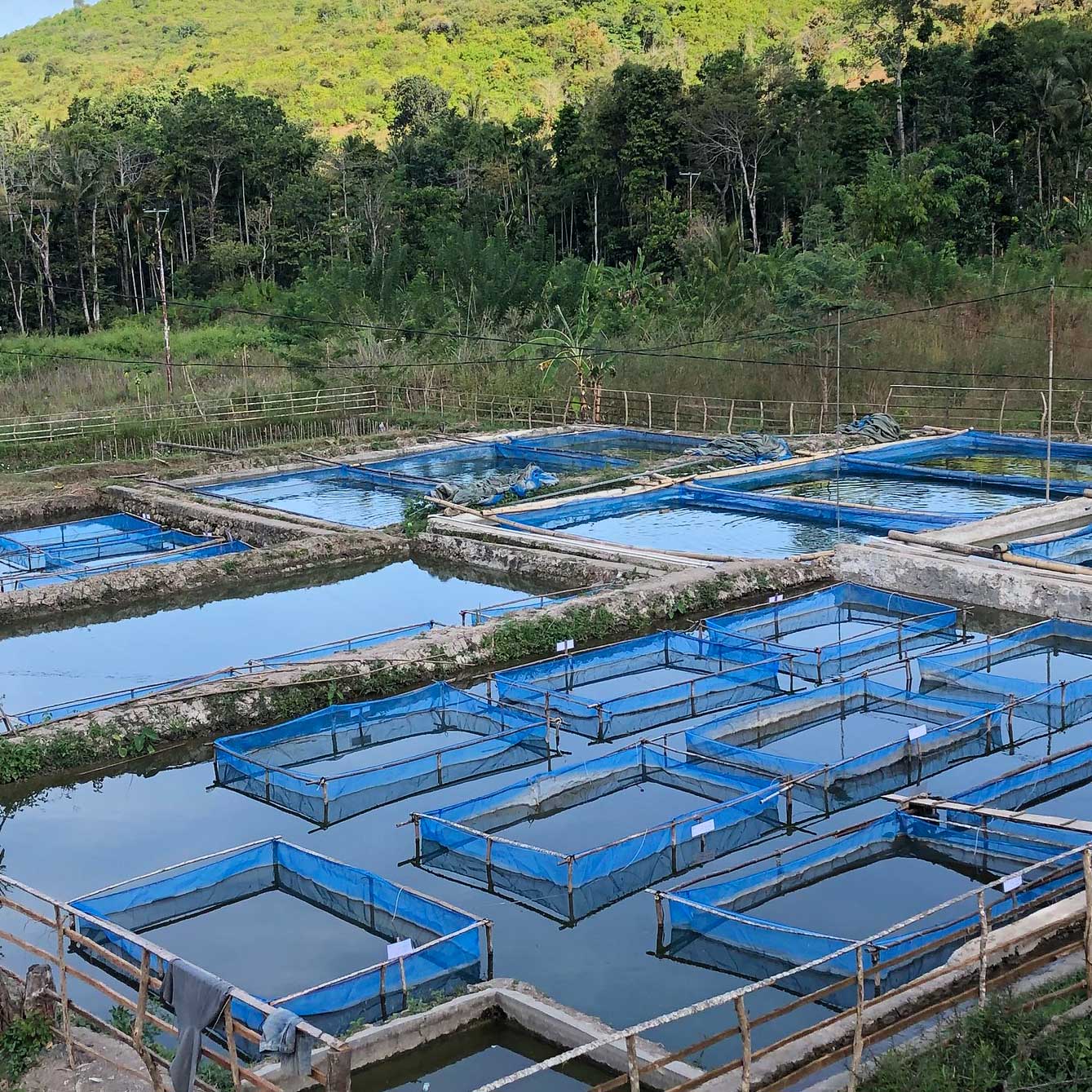
The program will achieve its objectives through activities under main outcome areas:
Outcome 1: Enabling national fisheries and aquaculture related policies and programmes, legal frameworks and local management institutions to address climate change, current variability and biodiversity conservation.
Outcome 2: Enhancing climate change adaptation and biodiversity conservation capacity and practices in fishing and fish farming communities (coastal and inland).
Outcome 3: Strengthening institutional capacity through the development of climate and biodiversity related information systems, information management and monitoring operations.

